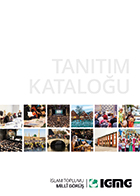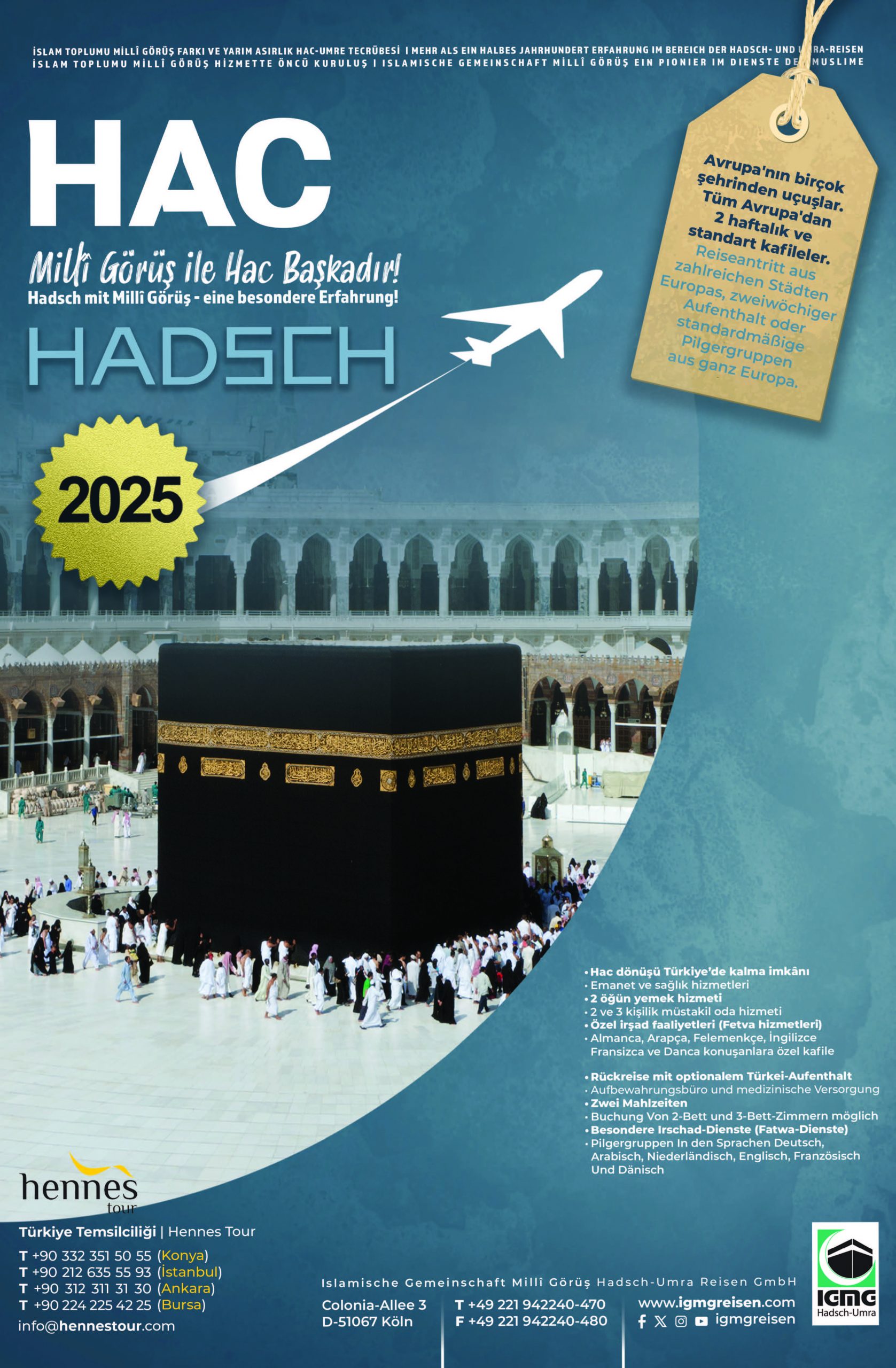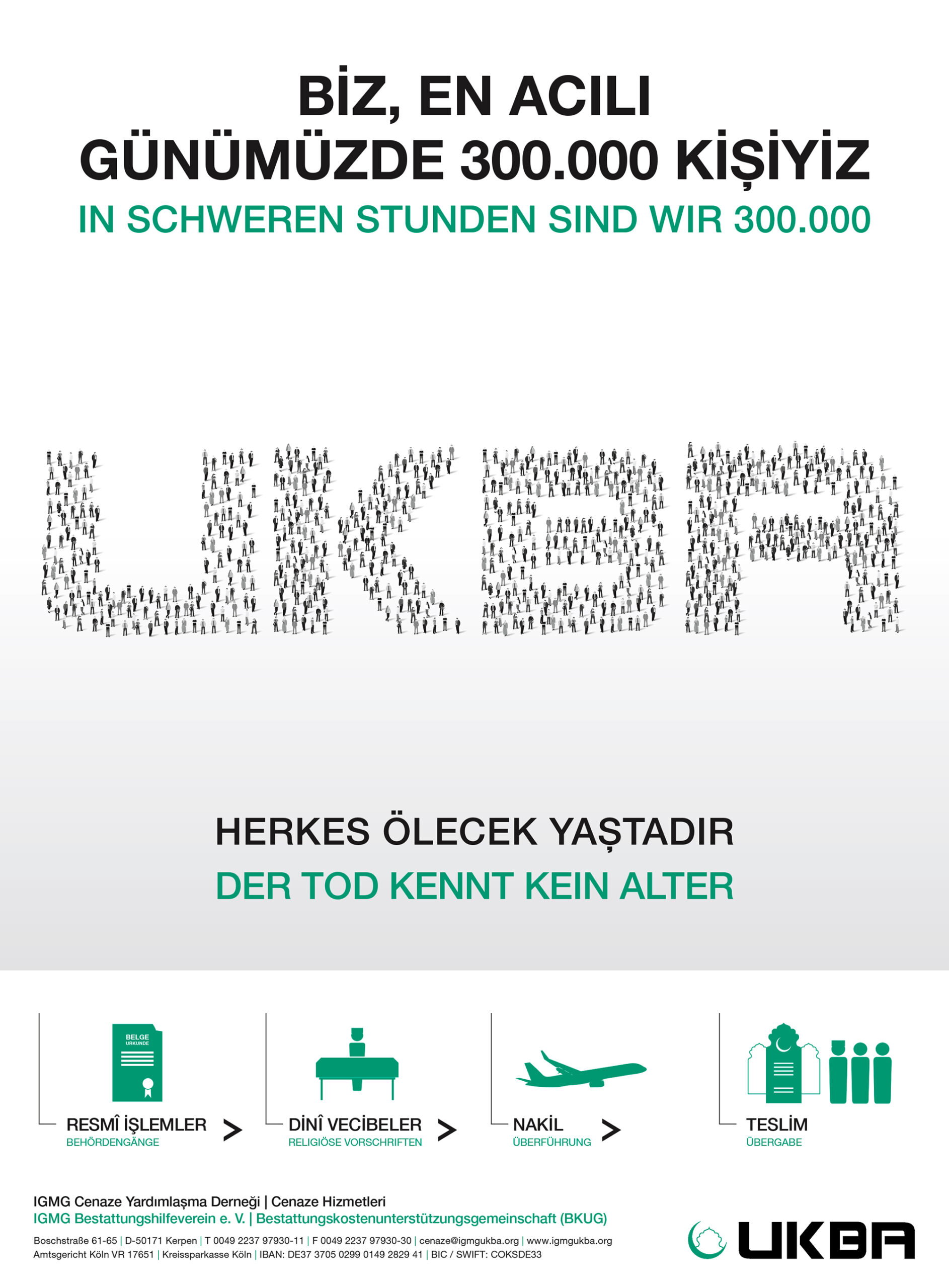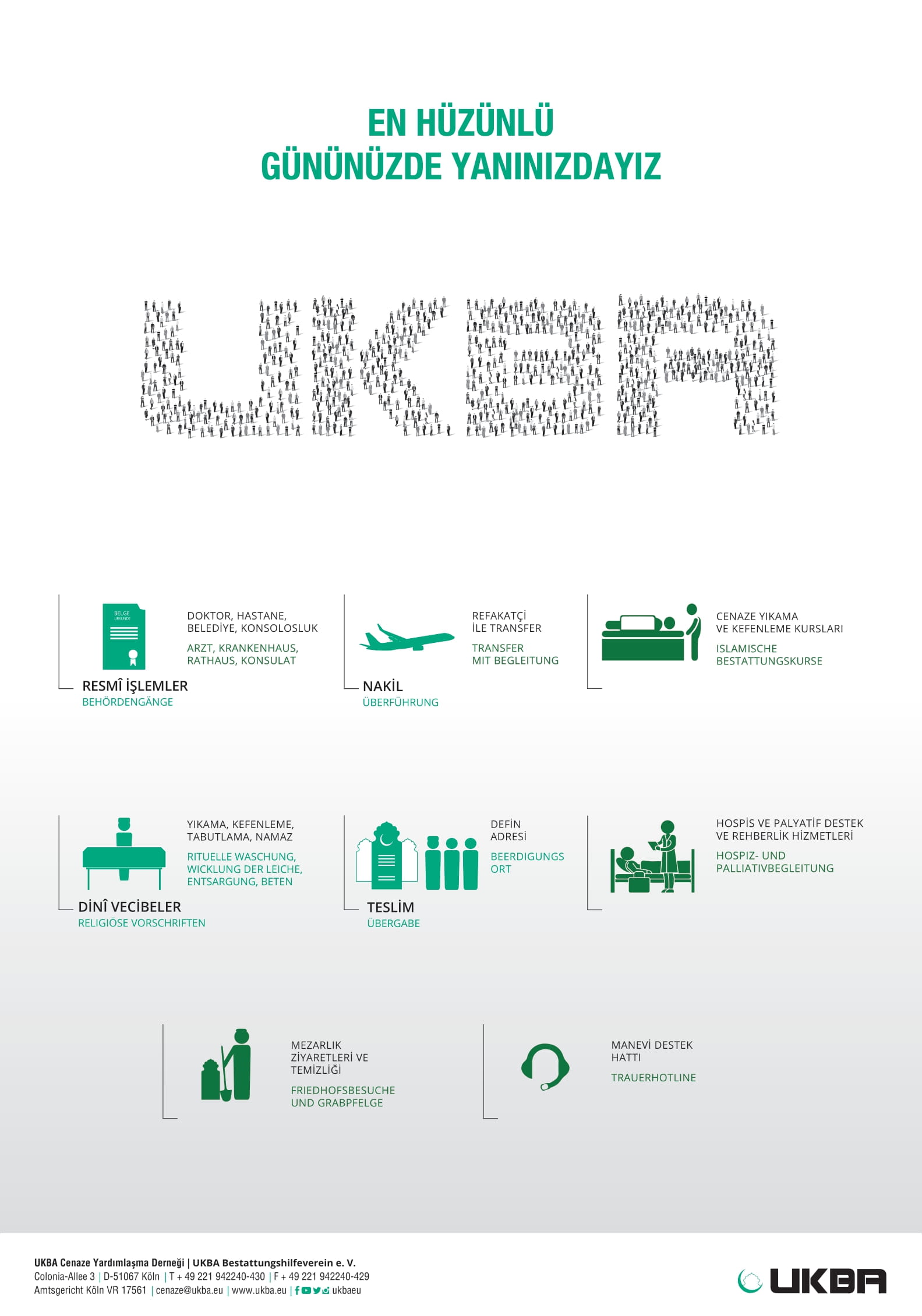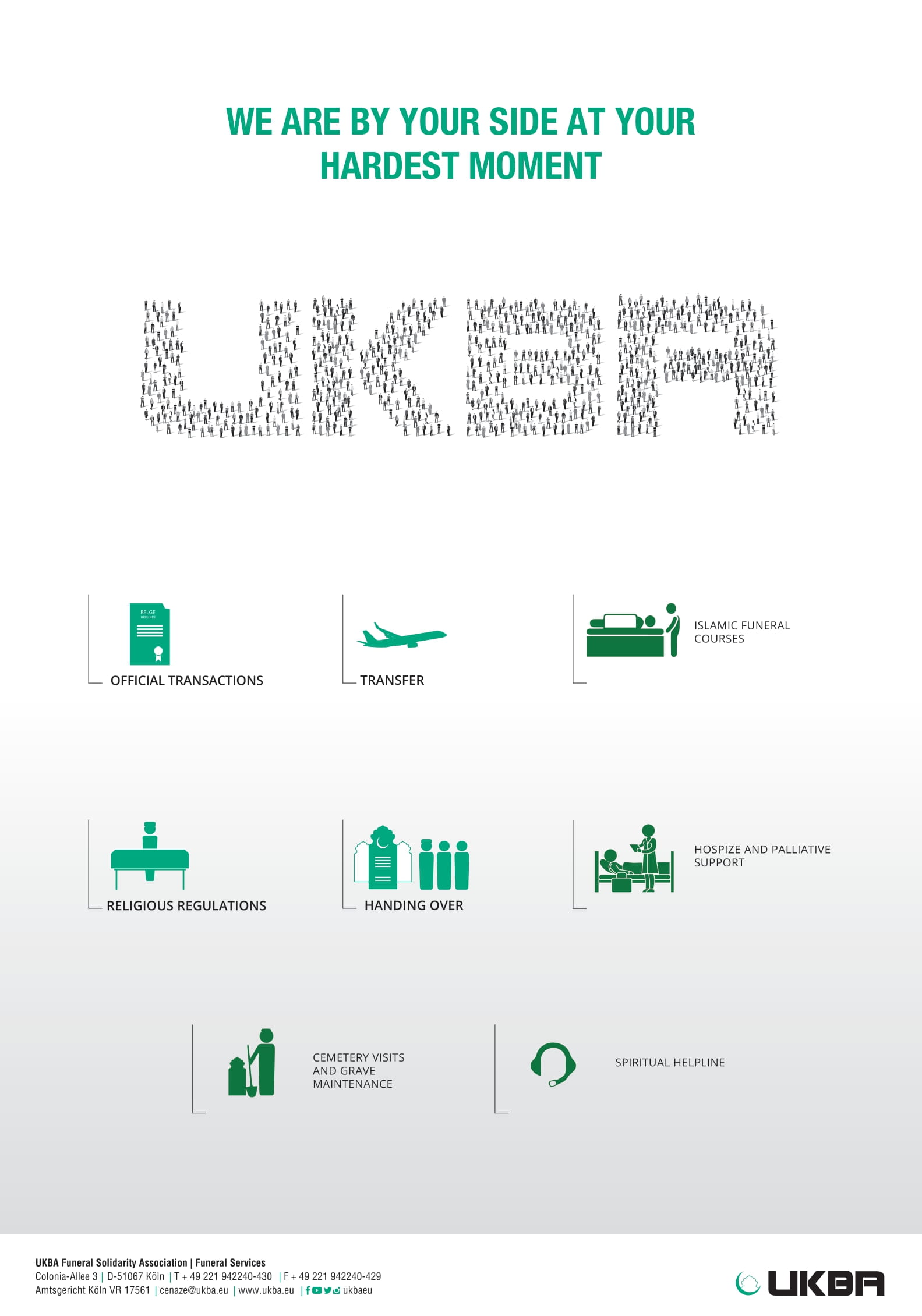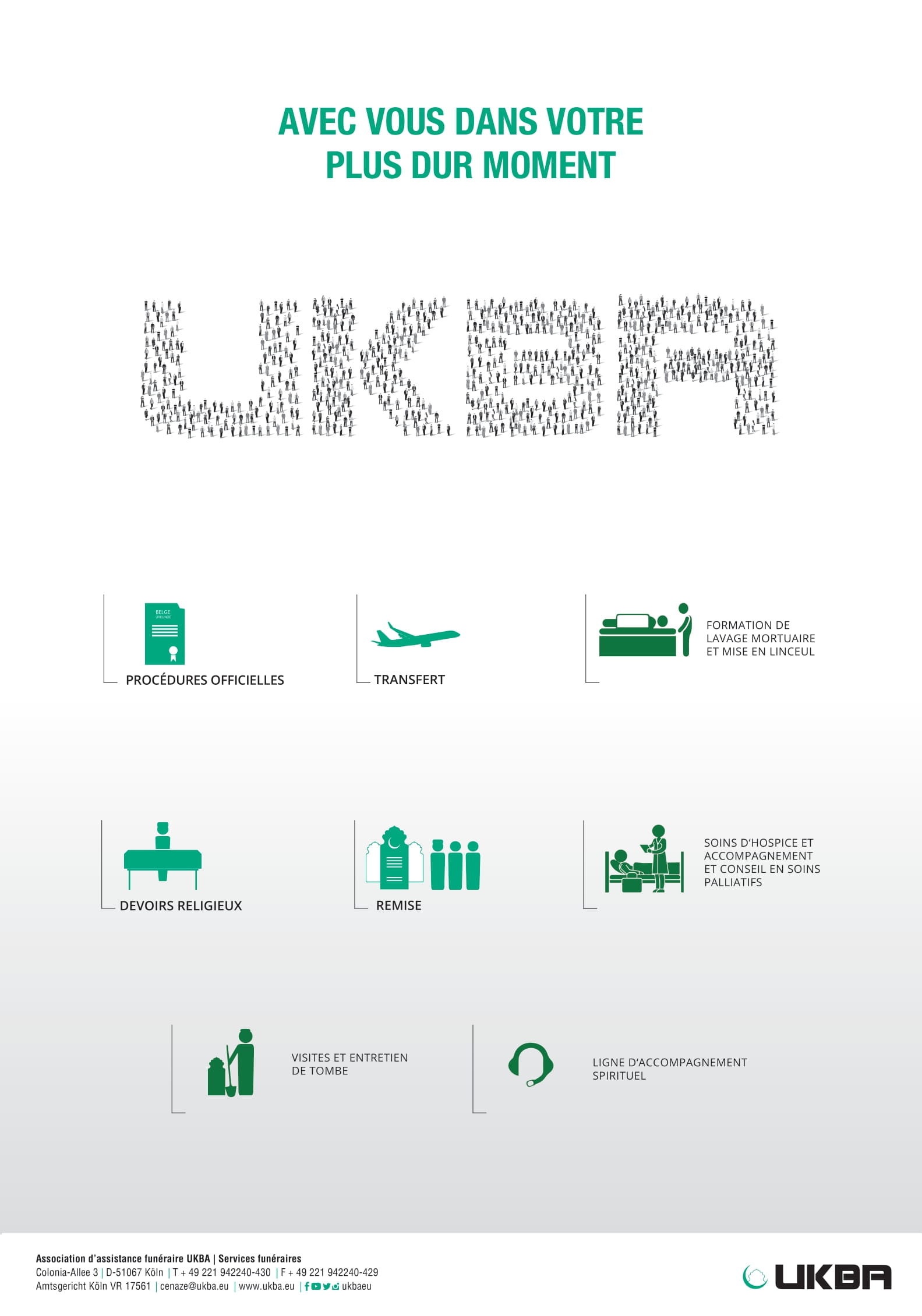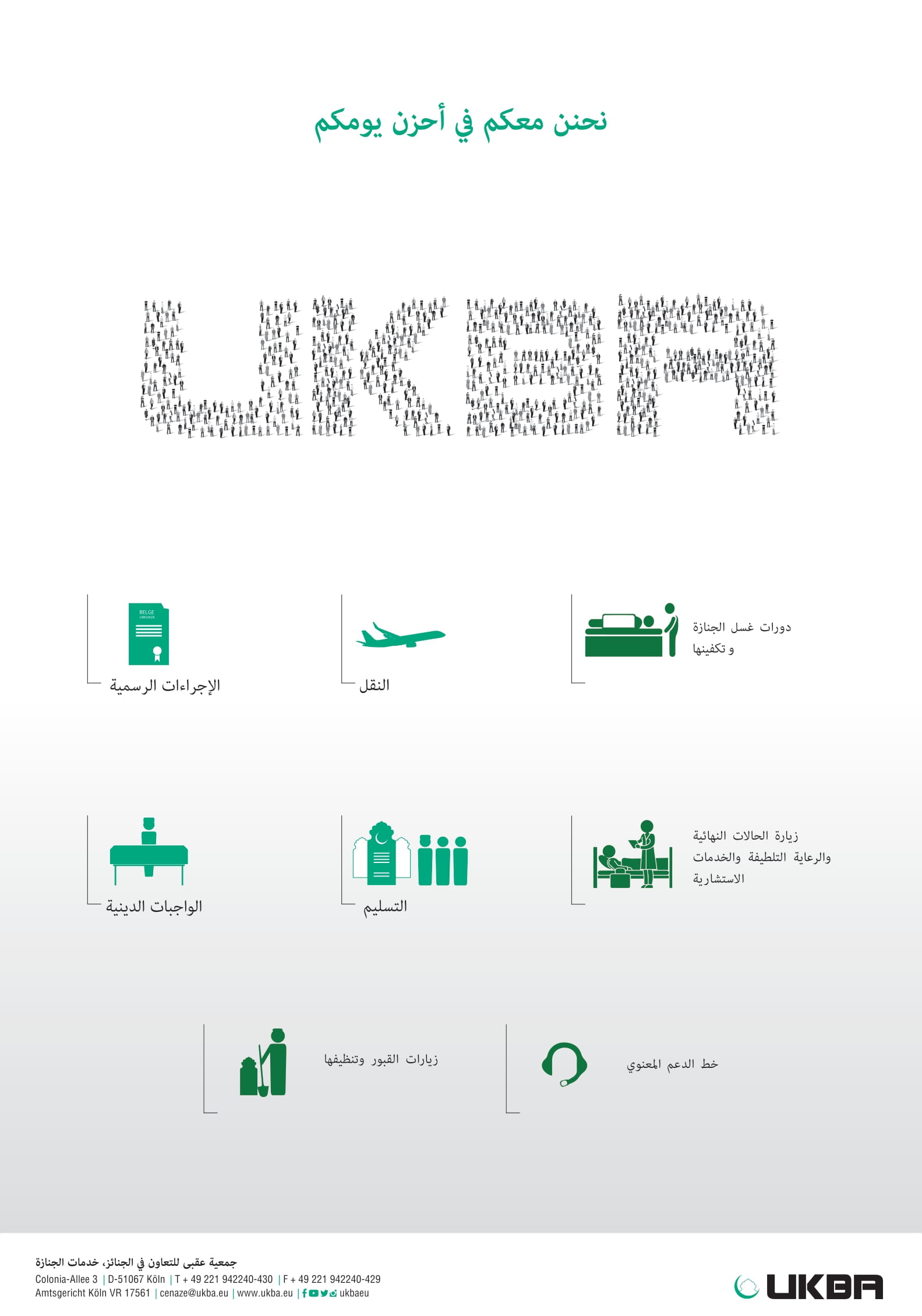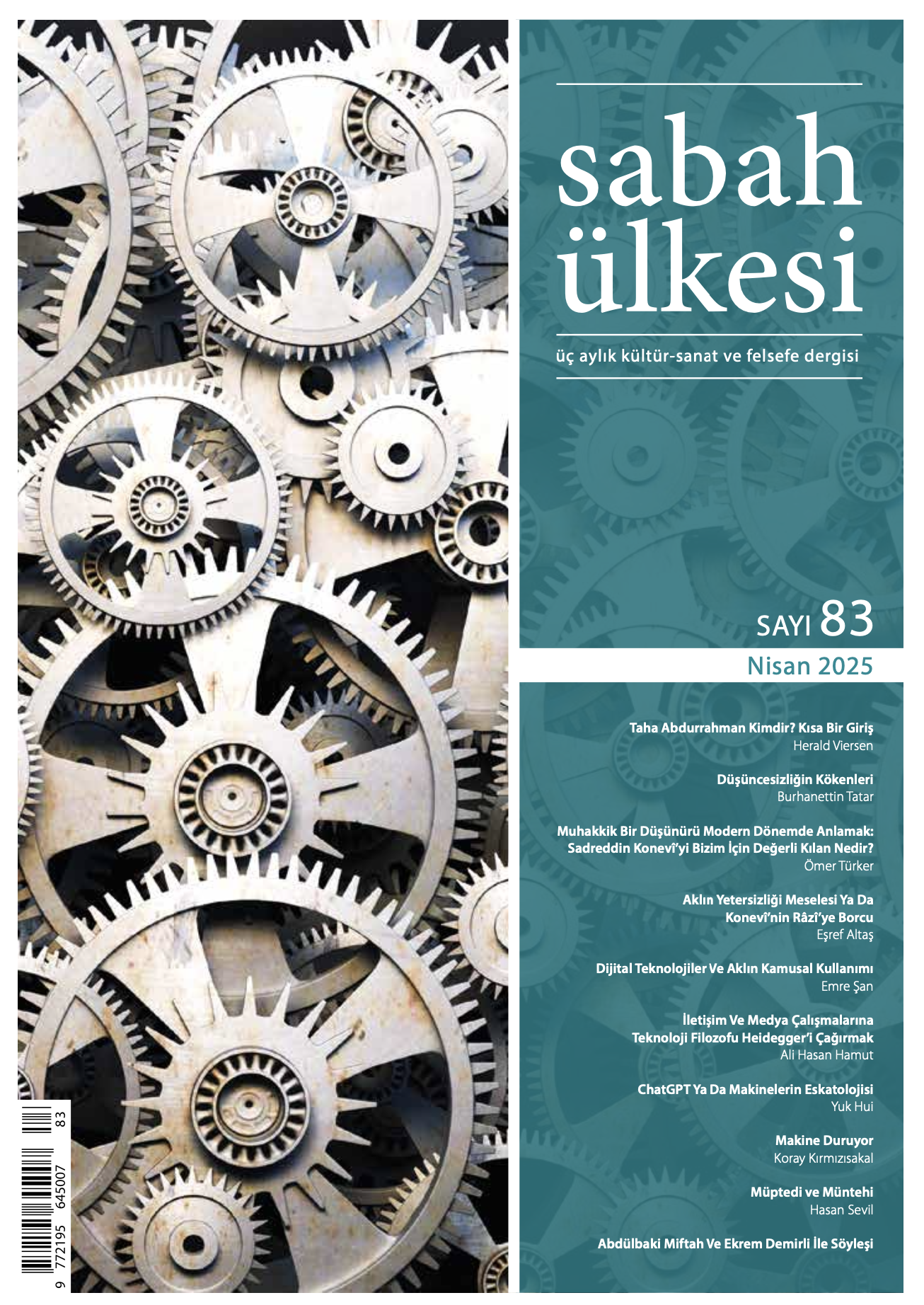Friday Khutba
Rights of Others
24. April 2025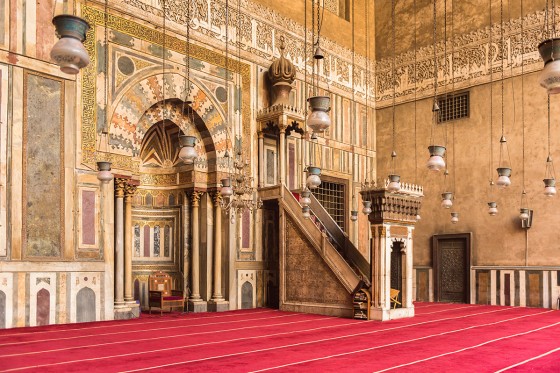
Dear Brothers and Sisters!
One of the important concepts that our religion, Islam, strongly emphasises is the concept of rights. Islam has clearly defined and described the rights of all living beings in detail. After determining the boundaries for each living being, it commands that the rightful owner be given their due and prohibits all forms of behaviour that would form a violation of rights. At the forefront of these rights is the rights of others. Indeed, Allah (swt) has created mankind in the best form and has honoured him. For this reason, in Islam, the rights of all people are respected and protected, regardless of race, colour, gender, language, religion or status. In his Farewell Khutba, the Messenger of Allah (saw) said: “O people! Your lives, your properties, and your honour and chastity are sacred and inviolable until you meet your Lord.”[1] With this, he declared that those who violate the rights of others will suffer loss in the Hereafter.
Dear Brothers and Sisters!
Islam is a religion of truth and reality, law and justice. The concept of “right” (haq) expresses both our responsibilities and the values we must protect. The Qur’an, which is our source of life and peace, invites us to uphold what is right. One of the beautiful names of Allah is al-Haqq (The Truth). While haqq means share or portion, it is also the opposite of falsehood. Therefore, a person who adheres to haqq is siding with truth and reality; that is, with the commands and approval of Allah (swt). At the forefront of the responsibilities that encompass our entire lives is the rights of others. We must never forget that respecting the rights of others is a requirement of our faith in Allah. In cases where the rights of others are violated, the injustice must be corrected without delay, settlement must be made with the rightful owner and repentance and seeking forgiveness must follow.
For the Prophet (saw) said on this matter: “Whoever has wronged his brother in regard to his honour or property, let him seek his forgiveness before the Day comes when there will be no gold or silver to pay with. If he has good deeds, they will be taken from him in proportion to the injustice he committed and given to the one he wronged. And if he has no good deeds left, the sins of the person he wronged will be loaded onto him.”[2]
Dear Jama’ah!
If the violation of others’ rights involves attacks on a person’s dignity and honour; such as insults, profanity, lies, backbiting, slander, mockery or humiliation, then what must be done is to remove the harm and injustice caused and seek reconciliation with the person whose rights were violated. In cases where direct reconciliation is not possible, one should sincerely repent, make dua for the person they wronged and perform good deeds or acts of charity on their behalf to try to free themselves from this burden. One of the most effective ways to avoid unlawful behaviour or sin, such as violating the property of others, public property or charitable trusts, is the training of the nafs. Simply, when a believer doesn’t let sinful or harmful thoughts take root in their mind—when they push them away and don’t give them any attention—they protect their heart, keep their intentions pure and stay on the right path. It’s about keeping their inner world clean and focused on what’s good. As Omar (RA) said, “To avoid falling into the forbidden, we would sometimes abandon nine out of ten lawful things.”
The area where the rights of others extend to the entire society is public rights. Public rights are a much heavier trust than individual rights. Betraying this trust leads a person to ruin both in this world and the Hereafter. Indeed, Allah (swt) states in the verse recited at the beginning of the khutba: “It is not conceivable that a prophet would act unfaithfully. Whoever betrays the trust, on the Day of Judgment, the sin of what they betrayed will be hung around their neck. Then every soul will be paid in full for what it earned, and they will not be wronged.”[3] Let us conclude with this hadith: According to a narration from Abu Hurayrah (may Allah be pleased with him), one day the Messenger of Allah (saw) asked: “Do you know who the bankrupt person is?” The companions replied, “In our view, the bankrupt is the one who has no money or possessions.” The Prophet (saw) then said: “Indeed, the bankrupt of my nation is the one who will come on the Day of Judgment with prayers, fasting, and zakat, but he will also come having cursed someone, slandered another, unlawfully consumed someone’s wealth, shed someone’s blood and struck someone. His good deeds will be given to those he wronged. If his good deeds are exhausted before all the wrongs are settled, their sins will be loaded onto him. Then he will be thrown into Hell.”[4]
May this Friday be a means of salvation for the oppressed. Ameen.
[1] Buharî, Hac, 132
[2] Buhârî, Mezâlim, 10
[3] Surah Âl-i İmrân, 3:161
[4] Müslim, Birr, 59
